The Language of the Unheard
International Socialism
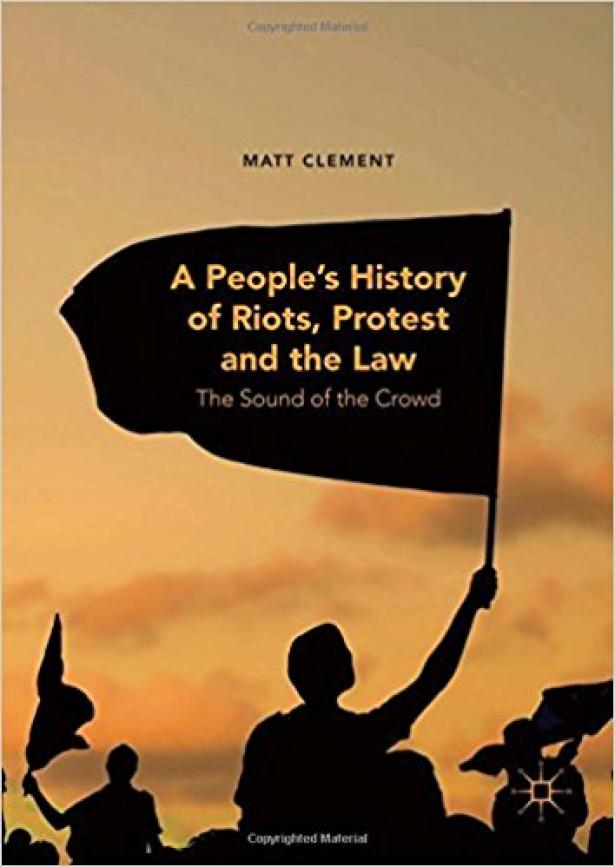
Movements from below challenging the status quo are nothing new, reflecting eons of class conflict and class formation. The book under review traces the common threads of resistance through the Middle Ages in Europe and into the modern age.

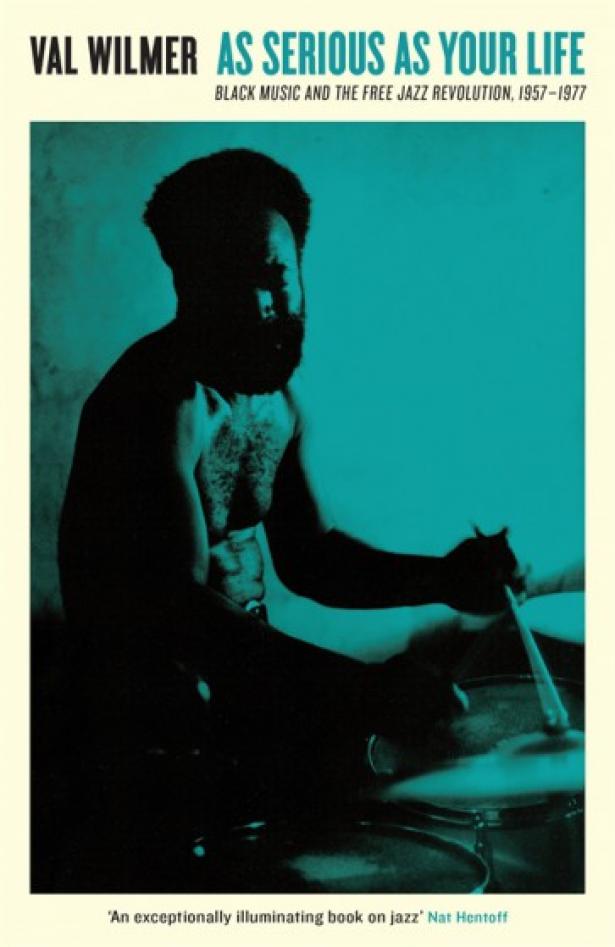
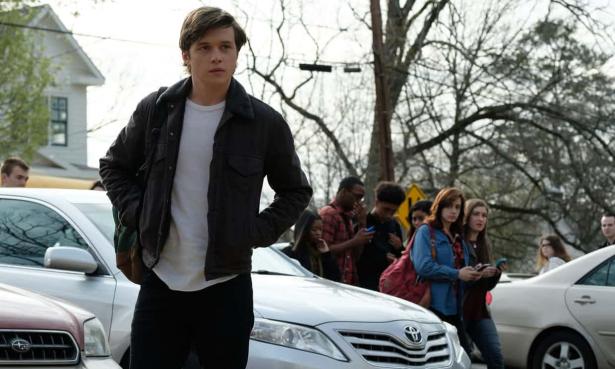


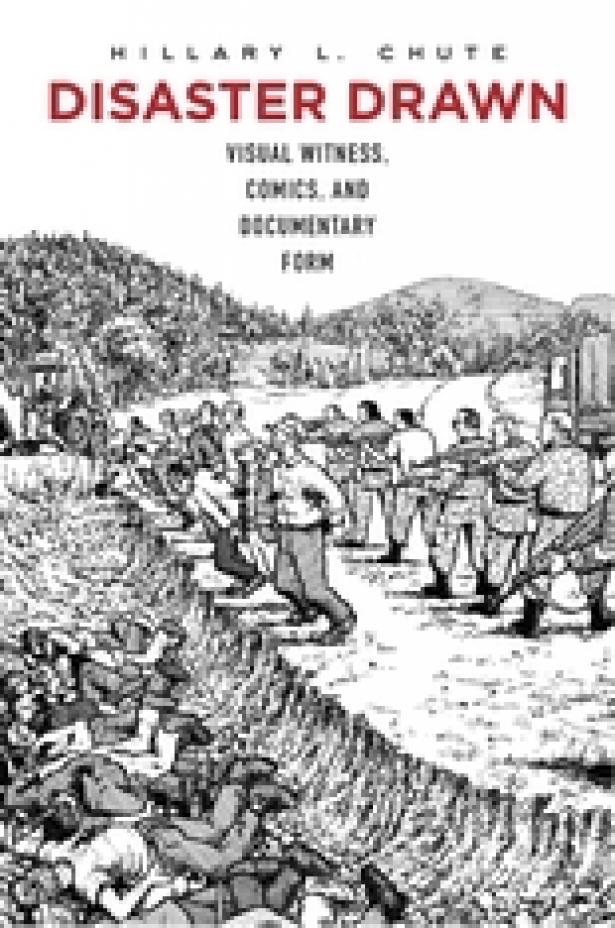
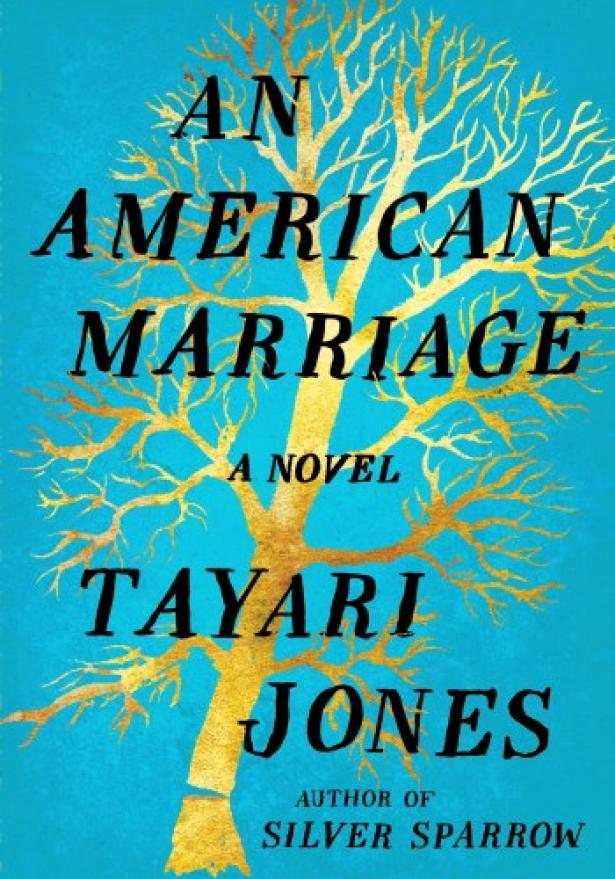
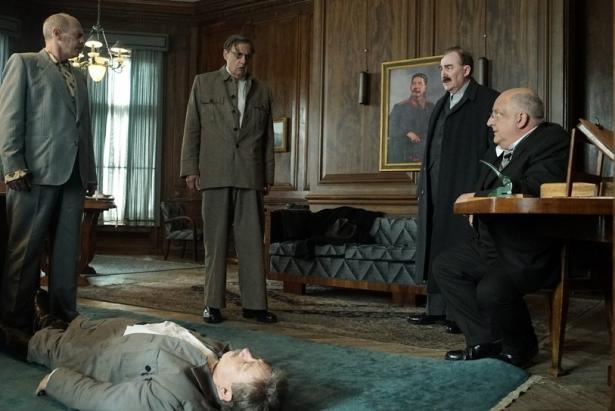

Spread the word